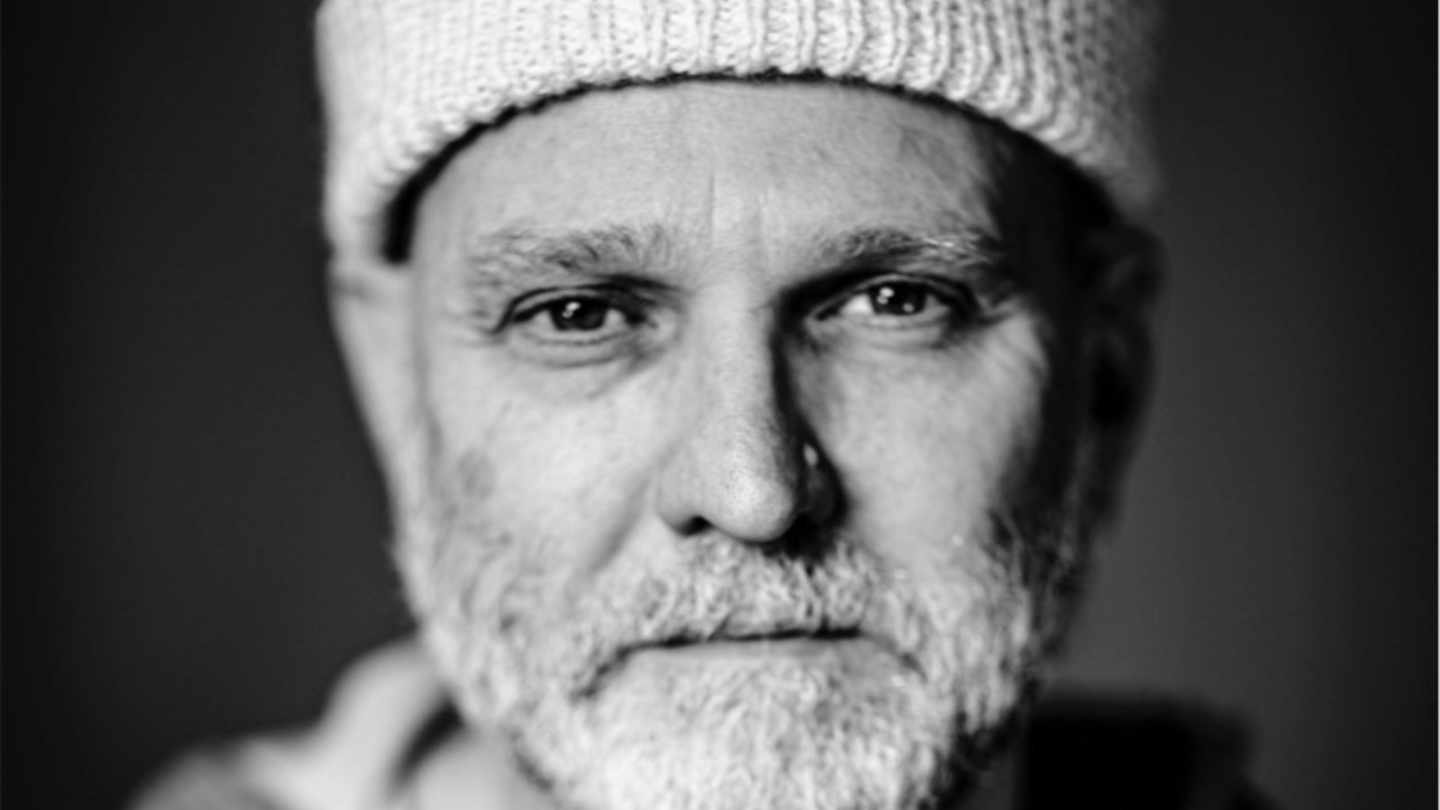Matthew Wilkinson, CEO at Magine Pro delves into the concept of ‘Decision Experience (DX)’ and its potential to solve the paradox of too much choice in video consumption. With an ever-growing expanse of content to choose from, the challenge of decision-making is now more critical than ever. Read on to understand how improving DX can transform the way we consume content, leading to a more fulfilling and streamlined viewing experience.
In the ever-changing media landscape, the multitude of streaming options presents a complex challenge: the more choices we have, the harder it is to decide. The ‘Paradox of Choice’ highlights our desire for autonomy and variety, but clashes with the overwhelming abundance of options. As streaming platforms expand, we spend excessive time choosing content, often overshadowing the enjoyment itself. Studies show that Netflix members lose interest after 60 to 90 seconds of browsing (source: “The Netflix Recommender System: Algorithms, Business Value, and Innovation” 13.2).
The Paradox of Choice and Human Behavior
The ‘Paradox of Choice’ relates to choice signifying freedom, and an abundance of options which often trigger cognitive overload and decision fatigue. This phenomenon is...
You are not signed in
Only registered users can read the rest of this article.
.jpg)
We must go upstream: The financial crisis facing film and TV
Film and TV Charity CEO Marcus Ryder shares his thoughts on the alarming findings from the organisation’s second Money Matters report.
.jpg)
Live video workflows: How IP and 5G are answering the call for low-latency contribution
As production teams seek more streamlined and scalable operations for outside broadcasts, Haivision’s Marcus Schioler considers the evolving role of IP and 5G for the secure, reliable and low-latency transfer of live content.

Virtual production is here: Lean into the learning curve
As VP stands on the cusp of revolutionising the industry, Rob Chandler, Founder of Starting Pixel, explains the importance of understanding the technology to harness its expansive potential.
.jpg)
IP and cloud-driven broadcasts: Why control systems matter more than ever
BFE Studio und Medien Systeme Chief Technology Officer (CTO) Hartmut Opfermann explores how flexible and configurable broadcast control systems will revolutionise media workflows as the industry forays into increasingly complex cloud-native production environments.

Why AI in media needs a rethink: It’s not about generating more, it’s about governing better
Northell Finance and Marketing Director Alex Beardsall explores how the advantages of AI in the compliance arena far outweigh its application to creative endeavours when it comes to scaling content production with confidence.




